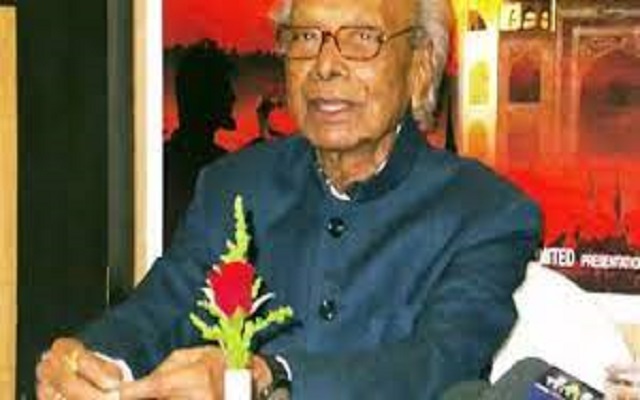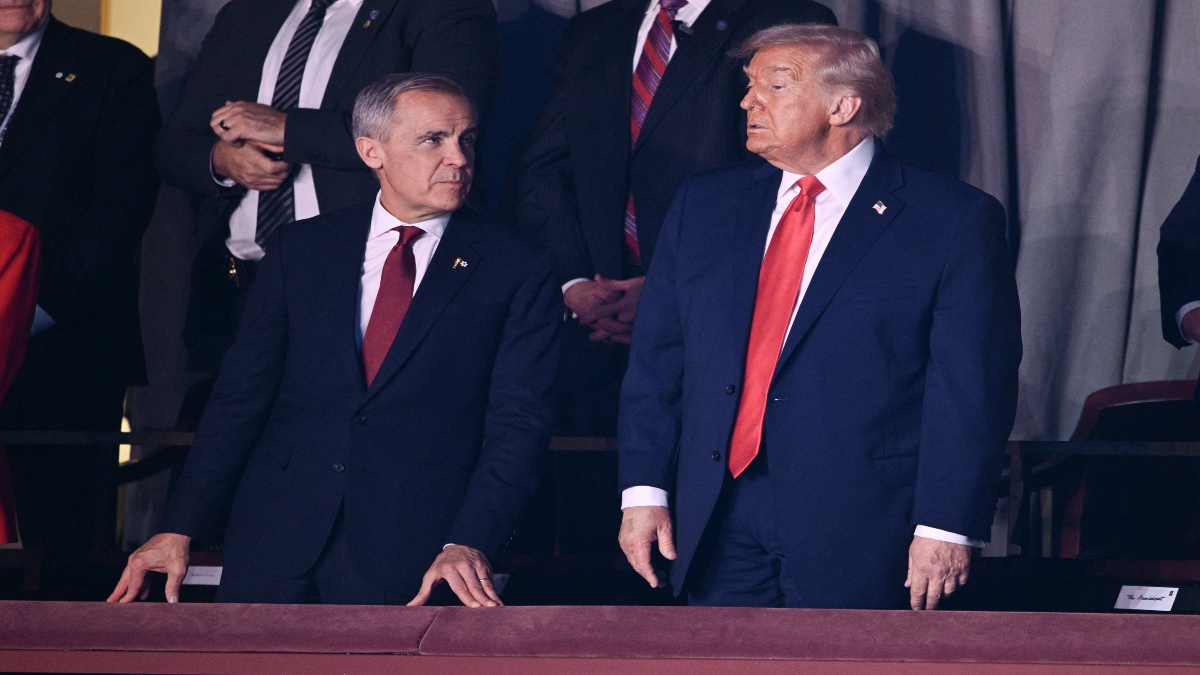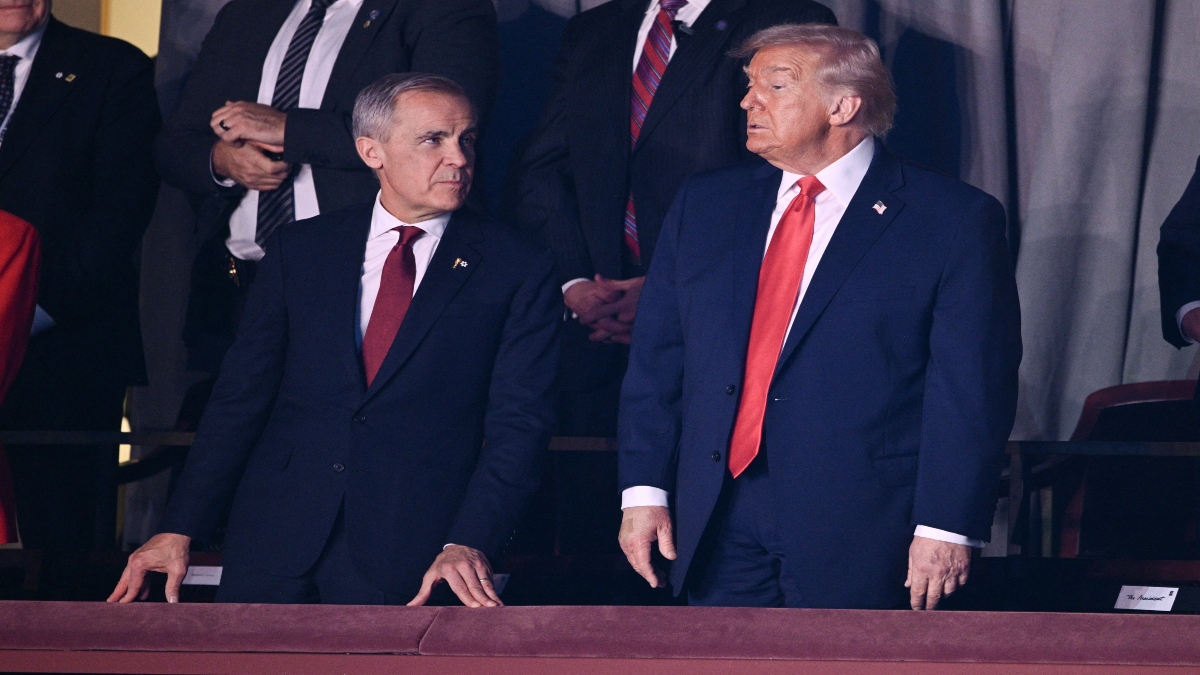Naushad Ali is rightfully known as the first superstar-composer of Indian cinema. During a time when musicians and technicians were considered second-rate citizens in Hindi Cinema, Naushad became the first Indian music composer to have his name above the film title in the posters. Naushad Saab was a quality-conscious composer. He took his own sweet time over every song and score, carving each tune from the deepest recesses if his soul. That is because he believed music to be a mazhab, a religious faith. “Music is itself a religion. It’s a gift of God. It is universal.”
At the age of 10 Naushad Saab was obsessed with music, much to the consternation of his father who wanted his son to be a wrestler. At age 18 he left his hometown Lucknow to become a music composer in Mumbai. During his early years of struggle when he earned Rs 40 for playing the piano in every score, Naushad was indebted to his mentor Khemchand Prakash. Before Naushad’s Rattan music in Hindi cinema was just a space-filler. In Rattan composer Naushad changed the direction and destiny of Bollywood musicals for all times. The popular songs were designed specially for this film. And yet they had a life beyond the screen. And what a life Zohrabai Ambewali’s voice in the songs Ankhiyan Milake and Rimjhim Barse Badarwa became household favourites in the 1940s. While the film’s leading man Karan Dewan sang all his songs himself, all the female vocals were done by Zohrabai Ambewali and Amirbai Karnataki.
These singers were soon to be wiped out from Bollywood’s playback singing by a hurricane called Lata Mangeshkar who was no part of the Rattan soundtrack. The incredible singing machine that she was, Lata Mangeshkar acknowledged Rattan as the pioneer of motion picture soundtracks. In Baiju Bawra Naushad hit all the right tones. For the first time in Hindi cinema, classical Hindustani music was extensively used in every song. A fable-like film based on the infamous rivalry between the immortal singer Tansen who sang in Emperor Akbar’s court, and Baiju a commoner with an even more exceptional voice who usurped Tansen’s courtly supremacy. Being based on Hindustani classical music, this film witnessed the initiation of classical elements into the popular Hindi film idiom. Each one of the songs composed by Naushad was based on an Indian raga. Legendary classical vocalist Ustad Aamir Khan sang for Tansen (played by Surendra).
But it was Mohammed Rafi singing for Baiju (played by Bharat Bhushan), the one who blew the screen apart in monumental compositions like Oh duniya ke rakhwale and Mann tarpat hari darshan ko aaj, both the bhajans written composed and rendered by Muslim artistes. Composer Naushad once said to me, “I never took on more than one assignment at a time and then poured my complete devotion to it, none more so than Baiju Bawra. Every song was forged out of blood sweat and tears.” For Mughal-e-Azam, Naushad sought and got the immortal Hindustani classical vocalist Ustad Bade Ghulam Ali Khan. During a time when playback singers were paid a maximum of Rs10,000, Bade Ghulam Ali Khan demanded and got Rs.25,000 for his contribution to Mughal-e-Azam. But Mughal-e-Azam is best known for Lata Mangeshkar’s Kiya Toh Darna Kya. Naushad was very close to not just Lata but to her entire family, especially her brother Hridaynath. When Lata’s brother had a son, he named his child Baijnath inspired from the film Baiju Bawra which was one of Naushad Saab’s earliest classical scores.
Games
View AllHridaynath also sang for the child actor who played Baiju and Lata sang for baby Tabassum who played the child Meena Kumari. Lata admitted she owed a lot to Naushad Saab. In terms of voice modulation and specially pronunciation of Urdu words, he took keen interest in the way Lata sang and helped her through difficult Ghazals like Uthaye jaa unke sitam in Andaz and Na milta gham toh barbaadi ke afsaane in Amar. Naushad was a perfectionist to the core. He would not compromise on a single note in a melody. That explains why Madhuban mein radhika nache re and O duniya ke rakhwale are to this day hummed by music connoisseurs.
Subhash K Jha is a Patna-based film critic who has been writing about Bollywood for long enough to know the industry inside out. He tweets at @SubhashK_Jha.
Read all the Latest News, Trending News, Cricket News, Bollywood News, India News and Entertainment News here. Follow us on Facebook, Twitter and Instagram.


)

)
)
)
)
)
)
)
)



